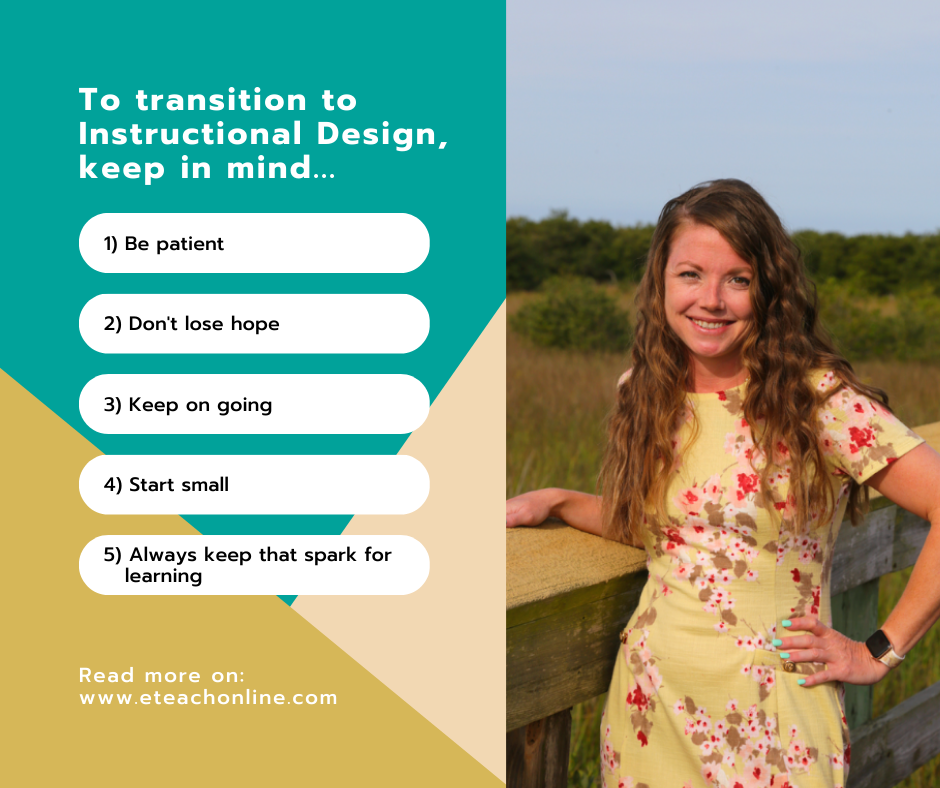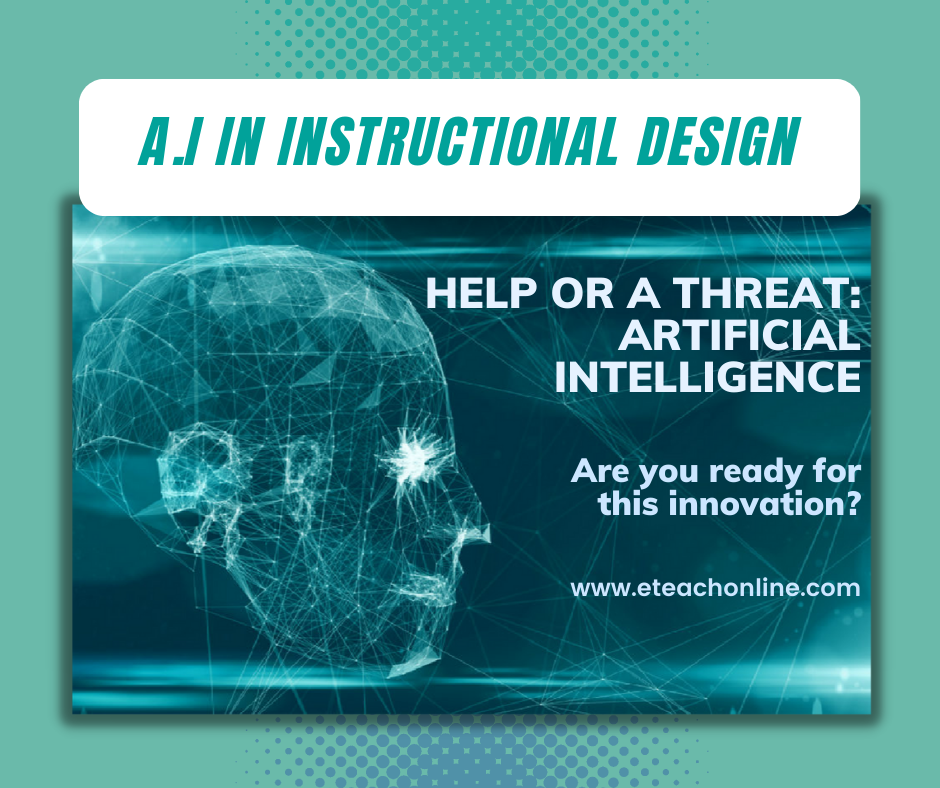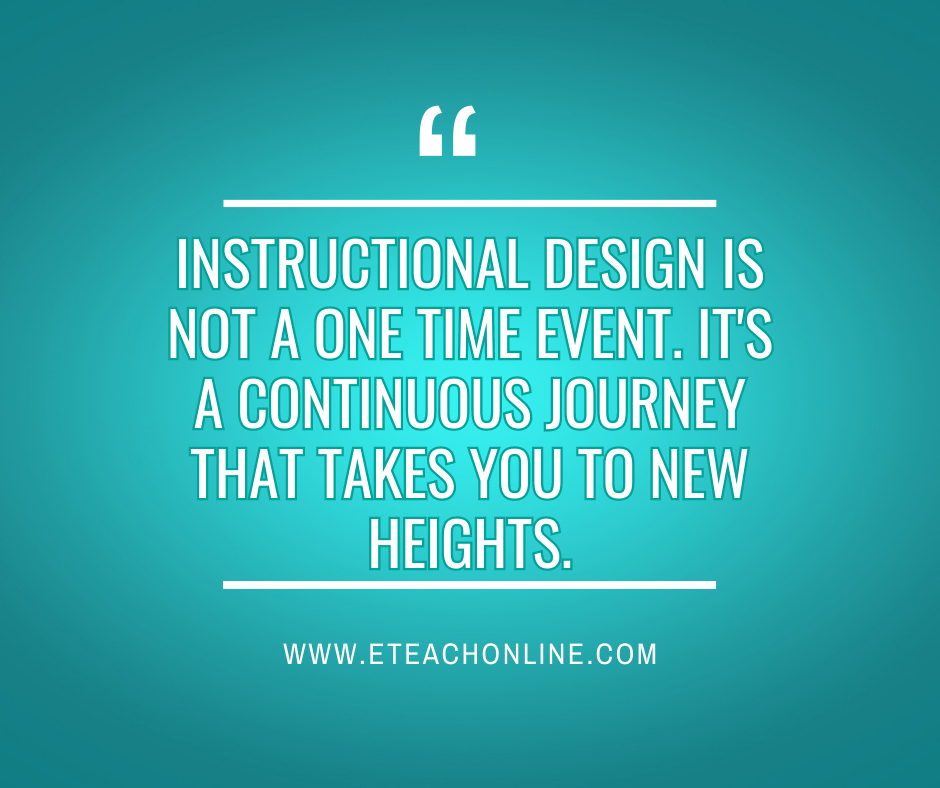Don't miss out on the opportunity to listen and download this episode's mp3 for free from my podcast. Click the link and start listening now!
SUMMARY
- During last week's podcast, Amanda mentioned a chatbot she wanted to try out but found that it was temporarily unavailable due to high demand. The conversation then shifted to different AI chatbot programs, such as the one used on Notion, which is free. Amanda learned about Chit Chat, an AI chatbot developed by OpenAI, which the video creator found amusing and even had debates and conversations with. Although Amanda expressed concerns about AI taking over jobs, the video creator reassured her that it is a tool and companion, not a threat.
- Various ways to measure success in learning were discussed, including assessment scores, applied learning projects, performance KPIs, and feedback from learners. Amanda highlighted the importance of learner feedback as it provides valuable insights that can help improve the learning experience. Optional surveys were also mentioned as a way to gather this feedback. The overall message emphasized the importance of ongoing evaluation and improvement in the learning process.
- Amanda shared that she is currently listening to a trauma-related book by Dr. Peter Levine for her volunteer work, and also mentioned two podcasts she listens to, one by Dr. Luke Hobson about ID and the other by Sarah Canestra about transitioning into the L&D space. She stressed the importance of finding a niche in the field and doing thorough research before committing to any ID or L&D programs. Amanda's volunteer work involves helping individuals who are struggling with difficult family and friend situations and reminding them that they are not alone.
- Amanda discussed her journey into the field of instructional design and advised those interested in this field to start small and explore their options. She emphasized the importance of developing skills beyond just learning technology and finding one's own niche in the field. Overall, Amanda provided valuable insights and advice for those interested in instructional design, and listeners can tune in to learn more about her journey.
INSPIRATIONAL QUOTES



TRANSCRIPT
But the video sounds really interesting. Yeah,
it definitely is. He was like, it was like 45 minutes long. So he's like, you can go ahead and just filter through, you know, my certain topics and just kind of click through but I just listened to it while I was checking my email and prepping for the day and it was quite interesting. I don't want to have any split. I don't want to give you guys any spoilers but I would. I'll send you a link crystal and you can check it out. Yeah, it's really exciting. I wanted to chat. I've wanted to check out the chat. Bot. The AI chat bot he talks about but unfortunately, I went to it and it said that it was resting. So I think people have been wearing it out. And I call my comment to that on his channel. I'm like, Hey, Luke, the Chatbot is resting and he's like, Oh, that would happen right after I published it. He thought it was funny. So yeah, but it's
wondering. Yeah, I was wondering which chatbot he had been using and you're talking all about it,
but I'm chatbot I'm GPT
Okay, yeah, yep. Well, I wasn't sure which I wasn't there. All kinds of programs, or Yeah, remind
- There might be, I know. Oh, sorry. Go ahead.
I just use it through notion so I'm on notion all the time and they have aI right there, but then I googled it and there's all kinds of programs and you have to pay money for it. But then the one on notion is free. So I just started wondering like, what is are there better ones or am I just I think
the one he was using it's chit chat. GPT was developed by open AI and I just looked at it real quick and it's just open ai.com/blog/chat GPT and I can send you that link once we're done. But yeah, it looks like maybe it's Yeah, cuz it this morning it was resting. So yeah, but yeah. Now I can log in or sign up so we're not gonna do that right now. But um, yeah, so that's kind of fun, but I tried to try it. It was like oh, it's resting right now. I'm like, Okay, it's like I guess even AI needs a rest. Well, folks probably aren't in high demand. So people like trying it out. So they're
probably just massively can't handle all of the users.
Yeah, definitely. Awesome.
I know. Everyone is just
taken out LSAS taking over no panic guys. Nobody panic crediting teachers don't panic. But yeah, oh, go ahead.
No, I was just going to say that's what I was talking about. With Luke. I'm just like, I'm worried about jobs and he was reassuring me. He's like, No, we need to look at it differently. I'm like, You're so right. Like, it's really like a companion,
a companion and tool that you can use. He's talking about in his YouTube video that he just posted the 45 minute one crystal he just said, oh, you know, I have debates and conversations with the chat bot all the time and I just kind of giggle and I'm like, maybe I'll have to challenge myself. Talking about your amazing. Plugin him and I endorsed him. Follow him. I have a list of folks I like to follow and he's in my top four. So he's really
I love chatting.
How do you measure success and impact? I don't know. Can you hear that? Claim? You're good. I'm in a garage and I open it because it's hot. But you can hear it. You're fine.
Measure the success and impact of your online courses. And what metrics do you find most useful?
You know, Crystal, we can measure success in several ways. A few of those assessment scores during after sorry, redo. Yeah, really? Crystal?
That's an excellent question. So we can measure success in several ways. Firstly, assessment scores, during and after the course. Evaluation of applied learning projects. You know, you'll hear folks talk about influence on performance KPIs. Also, my favorite is not the manager reporting feedback, but feedback from our learners. So we, you know, through our QA process, we may think, Oh, this was easy. You know, this was easy to navigate but through the learners lens, you know, they are not learning architects, they're not designers. So maybe they will give us some helpful feedback for the future. Maybe feedback on transitions or font size or things like that, where I am, we have, you know, standardized processes and templates and brandings. But other folks may not have that. So, it can be really helpful to get, you know, honest feedback and, you know, whether I'm doing freelance work, or you know, at my day job, I, you know, we always include an optional survey at the end. And you know, some folks may choose not to do it, but folks that do do it. And they take five minutes to do it. It can really help us improve, you know, the learning experience, because that's why we're here right to enhance our learning, learners experience.
Learner feedback is so important. It is yeah, and then this specific question is more formative assessment.
What book are you currently reading?
So you got me CRYSTAL I'm not reading anything I'd right now. But we can discuss my podcast that I am listening to but so far, for the book I'm reading. It's actually a trauma related book, written by Dr. Peter Levine. And he is just so instrumental in healing and things like that for trauma. So the book I'm reading is with freedom, with freedom from pain by Dr. Levine. It's two pioneers in the field of pain and trauma recovery, and he addresses a crucial missing factor that's essential to long term healing, you know, addressing that unresolved emotional trauma within the body. So yes, this is an ID related but it's related to my volunteer work that I do and I'm always looking for credible, clinical, and, you know, other resources to share in my groups. So I thought that was really interesting to
share. Yeah, no, I love that. Peter Levine The name sounds familiar,
but I probably see folks post Incoterm all the time because a lot of his quotes may be about trauma and healing but people everyday experience you know, anxiety and stress and things like that, or maybe an isolated event or something like that. So yeah, he's, he's really popular like on Facebook and Instagram, I would say, Okay,
I'll look him up. I actually got my bachelor's degree in psychology and then got my Master's in instructional design. Yeah, so I love to try and I really would just love to blend the two degrees together. But
like, I love it. I don't have I don't have a degree in psychology. But if I ever go back, I always really want to become a trauma counselor. But I just don't have the bandwidth for it. And I love instructional design so much so for now I am doing my thing on the weekend and weeknights you know, as the volunteer admin and content creator for the few pages I run, and apparently it makes a difference. So folks, email me and messaged me and they say, you know, you really make a difference like I'm alone right now and some of these folks don't really, you know, they have undesirable family and friends situations. So it's really encouraging to hear that and you might have a little emotion in my voice because it's, I have to remind my followers and my members Hey, you know, you're not alone. So, but yeah, that's that's a little about what, what I'm reading and how that inspires my daily happenings.
Everything's connected with each other. I mean, everything's related. But okay, so you did mention what podcasts you listen to a little bit. Yeah, so
I listened to a lot but I'm just gonna narrow it down for time sake for two. So Dr. Luke Hobson has an ID podcast and has a really robust YouTube channel. And I actually put it in our question form um, for you Crystal, so I'm sure you probably already checked out this stuff, but if you need it, then another person I follow is Sarah canasta. So she's done instructional design work. But she's, she's kind of like a general l&d Like job coach and Guru. She helps folks who are transitioning or folks who want to find another job in the l&d space. She emphasized that l&d is not a job, you know, there are a lot of different sub, you know, sub areas that you can do instructional design, you know, training management, LMS administration, you could be, you know, an onboarding specialist. So my message to, you know, transitioning folks, transitioning, teachers don't give up and you know, instructional design may not be for you, you may decide that you want to be an LMS guru, and, you know, kind of like what I did early on, you know, with Canvas, LMS and Moodle LMS just kind of be the jack of all trades and maybe find a role that you can do a little bit of design, you know, design and development. Edit out. So, you may find that you want to edit sorry, you may find yourself in a situation where you know, teachers you may not want to just do instructional design, you may want to do LMS administration, and a little content development, things like that. So I would just say be patient, and it will come but yes, a second Astra I am plugging you Sarah. She is amazing. I actually hired her as my job coach to help me find my niche. I knew that I wanted to do instructional design, but she helped me narrow down and her program is very comprehensive and amazing. And, you know, not all Id academies and l&d academies are created equal, right? You really have to do your research and say, Hey, does this make my heart sing? Is this worse the time commitment, the financial commitment, but anything that Sara or Luke endorses or they offer themselves? I will go for it because they are two folks that I look up to.
That's great to hear. And
oh, well, the final question is if you could do it all over again, what would you change?
Yeah, you're ready for that one? Yes.
Both good things we're about to say. If you had to do it all over again, what would you change or do differently?
You know, Crystal, I wish I would have started earlier in the learning and development, l&d space like as a coordinator as I spoke to earlier or onboarding specialists during my undergraduate years, maybe as a part time role or internship, and then worked my way, you know, gradually into instructional design, because it is definitely where I want to be. It's just, I didn't know as a young undergrad, you know, you know, being in my early 20s I didn't know what I wanted to do. I went to school and you know, I did English education, but decided that wasn't for me. So I did English in business, and then moved on to the administration, master's degree and human resources and, you know, it kind of found me so I just want to reiterate that you know, Id isn't always going to be exciting and glamorous. But I want to make that clear. I love what I do. But it may not be you know, for everyone and it isn't a teacher's only transition path. But I do love it and I advocate for the field but it's just there are several roles that have a little bit of assessment. Design, you know, some course coordinator duties LMS administration, for example, and I think it requires a thick skin sometimes and quick decision making often feedback or require changes like I'm going through right now with some horse flips that I'm doing to content is lightning fast and you have to just go with the flow. You know if someone gives you feedback, you just have to say, Okay, well, you know, thank you for that and, you know, things like that. So my message to you know, folks transitioning into ideas and role roles is this give yourself time to scale up, but don't go overboard to where you're spending all your family time on courses and all your money or like they're up all your money and resources on you know, academies just do your research, and things like that and explore your options. You know, that ID field is incredibly competitive right now, but don't be discouraged. You will find your niche. I know you will, if you're listening.
Yeah, I love that. And that's a great point that you made and said earlier about finding your own niche or niche is that's one thing that a lot of people aren't realizing and I think it's going to continue to grow is just specializing in realizing how many different routes and options you do have if you if you think you don't like it, like you were saying earlier, I think that's really important for people to understand how how many options
here are also just start small like you know, I you know, 12 years ago, I was like making minimum wage and working call center jobs and you know, working in medical records and things like that, so, sometimes you just have to work your way up, you know, and so there are some things and it's Sorry, I gotta think for a minute.
Thanks for mentioning that and pointing that out. A few people that I have interviewed had said that as well. So I think that it helps remind us all that something people need to focusing on their skills and not just learning the technology
Thank you so much for giving me the opportunity to interview you today. I thoroughly enjoyed the process and I really think that people will find value in all the answers you provided today. Thank you so much.
Thank you so much Crystal, I appreciate it.
Of course.
JOIN THE
eLearning and Instructional Design for Beginners Community
- In-depth courses & training
Access my rapidly growing library, attend monthly live training & accountability support groups
- Exclusive tools & members-only discounts
Tools, templates, downloads, checklists and more - plus receive special perks & discounts
- Supportive community & network
Feedback and support from fellow instructional designers, career-driven business owners, and experts who will keep you on track
Get Your Software Toolkit for Instructional Designers
Tools & processes that will help you plan, build, and grow your instructional design career and freelance business.









